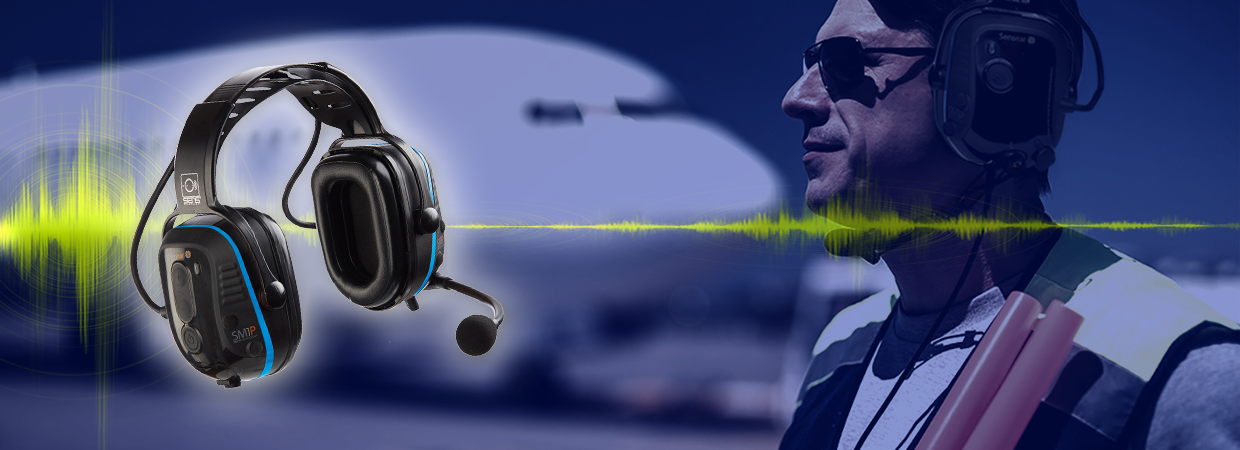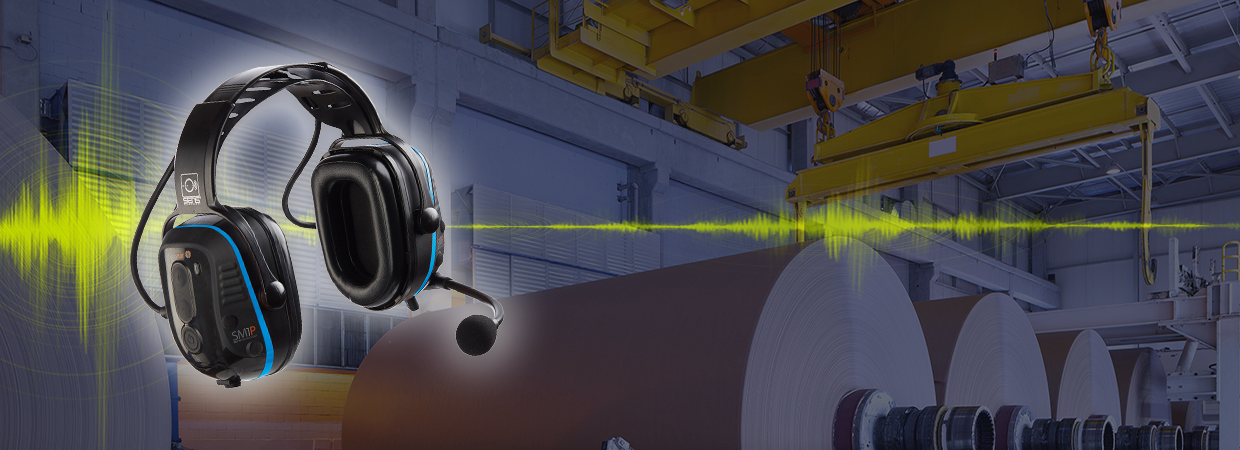Newly-Formed technology company Sensear Pty Ltd is the fourth spin-out to emerge from the Western Australian Telecommunications Research Institute, based in Nedlands.
With an annual budget of about $3 million and up to 50 staff and post-graduate students, WATRI is a joint venture between the University of Western Australia and Curtin University.
Its first spin-out company was QPSX Communications, which was formally launched by Telstra in 1987 as a vehicle for broadband technology development.
Now listed on the Australian Stock Exchange and known simply as QPSX, the company has moved away from technology development.
Its core business is helping other companies commercialize their intellectual property and taking legal action to enforce IP patents.
The second spin-out, in 1997, was Atmosphere Networks, which like many Perth-born technology companies moved its head office to the US to be closer to its main market and to big investors.
Atmosphere was sold in 2000 to US company Ditech Communications for $A123 million, reaping a big return for its chief executive Rob Newman, who subsequently returned to Perth to become a director of venture capital fund Foundation Capital.
In that capacity, he has been a big investor in WATRI's third spin-out company, Cortec Systems, which is now based in the US and trades under the name of Xelor Systems.
Xelor completed a second round of venture capital funding last year and has raised a total of $US10.6 million in Australia and the US to pursue the commercialization of its software, which is designed to improve internet telephony at the enterprise level.
It retains a strong Perth connection, with Mr. Newman being its chairman while its chief technology officer John Siliquini and its R&D teamwork from premises at WATRI.
WATRI chief executive Kevin Fynn said the institute had two more spin-out companies "in the pipeline."
Its 'smart plant' program uses infra-red cameras and image processing software to detect anomalies, such as temperature variations, in industrial plants.
The system is designed to automatically alert plant operators of the problem.
The second advanced project is designed to improve the quality and reliability of internet telephony at a network level.





